Why Responsibility, Transparency, and Social Value Define Modern Leadership
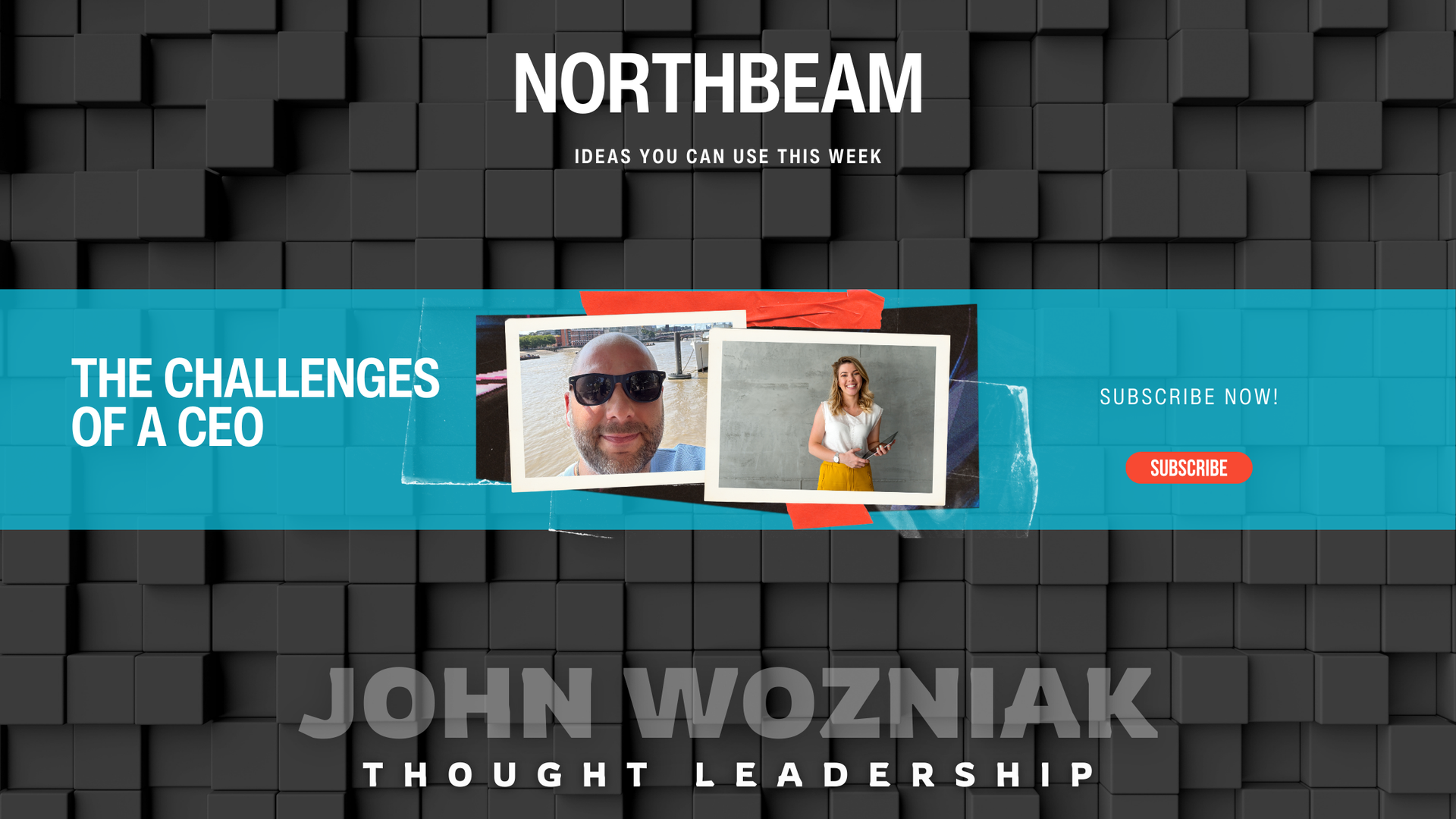
Why modern CEOs must balance resilience, growth, and trust
No company is too big to fail. In today’s volatile economy, a CEO must be more than a figurehead – they need to be an open-minded, rapid decision maker who can act decisively while keeping one eye firmly on the long-term horizon. Medium- and long-term planning remains essential, but agility in thought and action is what separates modern leaders from those left behind.
Technology is both a force multiplier and a disruptor. It powers growth, efficiency, and global reach, but it also brings risks – from cybercrime to data privacy to rapid obsolescence. Growth and stability are often described as the twin challenges for CEOs. Yet the hardest concept to communicate is resilience. How do you explain resilience in quarterly reports? How do you embed it in a company’s DNA so that it shapes decisions at every level?
Turbulent markets, cross-border tariffs, and the ubiquity of cyber threats mean that resilience is not a buzzword. It’s a daily operational necessity.
Responsibility across the organisation
A key question arises: does everyone understand their role and how it contributes to the wider business model?
If the answer is no, the CEO must act quickly. Responsibility cannot live in the boardroom alone. It requires leaders throughout the organisation who can translate vision into clear expectations. Without this, strategy stays locked in PowerPoint slides rather than turning into results.
KPIs illustrate the point. Too often, they are seen as tick-box exercises. KPIs only work if everyone buys into them, and if they are chosen for impact, not optics. Safety KPIs, for instance, should be measurable and meaningful:
- Good: 100 percent of new starters receive safety induction training.
- Good: 75 percent of staff trained in first aid by year-end.
- Not useful: “Zero accidents forever.”
The right KPIs set direction and show progress. The wrong ones erode trust and credibility.
Transparency and the working environment
Attracting and retaining the right leaders is harder than ever. The employment market is buoyant, and expectations have shifted. Younger generations in particular demand not just flexible working but also clear values. They want to see governance, social value, and wellbeing baked into the culture – not bolted on as an afterthought.
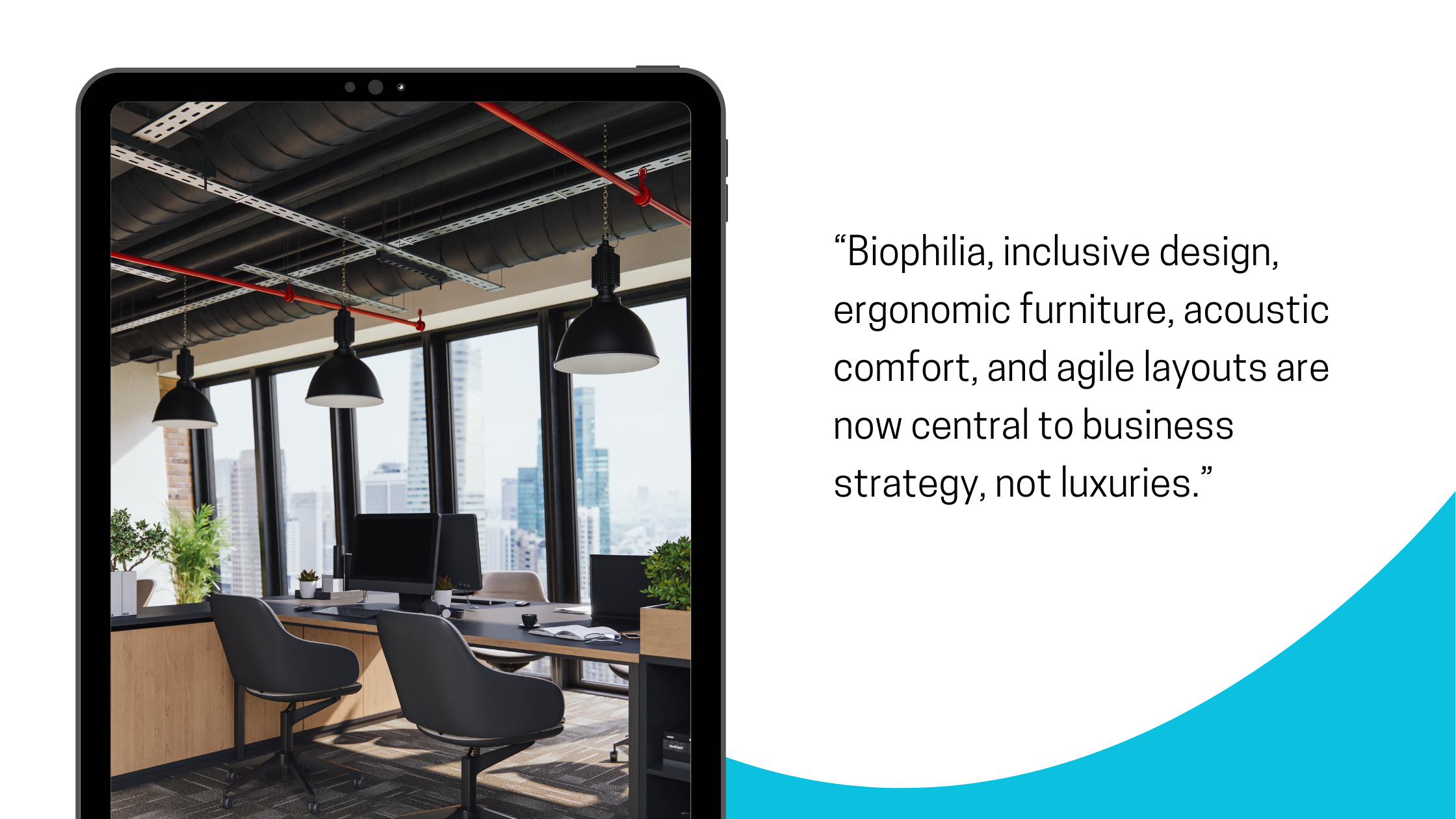
The workplace is now an extension of the home. Cost-cutting exercises that neglect this reality often backfire when attrition rises. Decision-makers need to recognise that wellness is no longer optional. Biophilia, inclusive design, ergonomic furniture, acoustic comfort, and agile layouts are now central to business strategy, not luxuries.
A height-adjustable desk or well-designed tea point may not appear on a financial spreadsheet, but it signals care, which drives loyalty. In governance terms, it is an investment in human capital.
Social Value: the new currency of governance
Social value is no longer a niche CSR initiative; it is now core to ESG and governance reporting. Boards are increasingly judged not just on profit, but on purpose and impact. This extends beyond philanthropy.
Practical areas include:
- Community investment: Supporting local education, apprenticeships, or youth employment programmes.
- Sustainable procurement: Choosing suppliers who demonstrate low carbon practices and ethical labour.
- Inclusivity: Creating opportunities for under-represented groups across the supply chain and workplace.
- Environmental legacy: Designing projects that improve biodiversity, reduce waste, and cut carbon footprint.
The modern leader must frame social value as a business imperative, not a charitable add-on. Clients, investors, and employees are increasingly drawn to companies that can prove their commitments, with hard data and transparent reporting.
Summary
Modern leadership is not about heroic solo decision-making. It’s about responsibility spread across the organisation, transparency in communication, and decision-making grounded in agility and purpose. ESG and governance frameworks give leaders the chance to show accountability not only to shareholders, but to staff, communities, and future generations.
To succeed, today’s CEO must:
- Build resilience into every layer of the business.
- Set KPIs that inspire action, not cynicism.
- Invest in working environments that nurture wellbeing.
- Treat social value as a driver of trust, brand equity, and long-term stability.
Leaders who grasp this will not just survive turbulent markets. They will build companies that last.
Buy me a coffee
https://www.northbeamcollective.uk/#/portal/support
Subscribe to Northbeam today
Paid readers get the full tools:
✦ Why subscribe?
Weekly, practical frameworks you can actually use.
Full access to the Northbeam archive.
Support the project and keep these lessons going.
👉 Upgrade to a paid plan today and save 10% with an annual subscription.
Subscribe to our newsletter.
Be the first to know - subscribe today

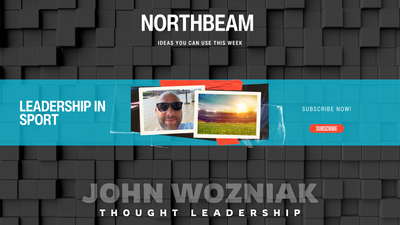
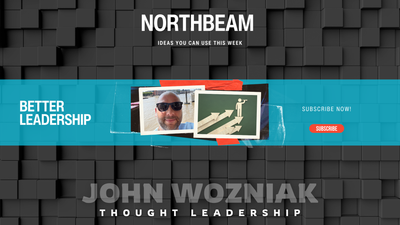
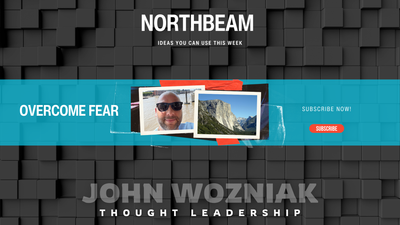
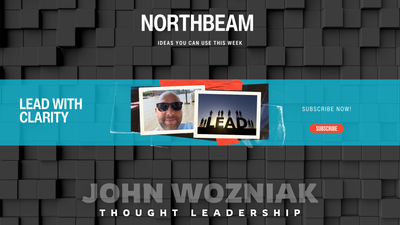
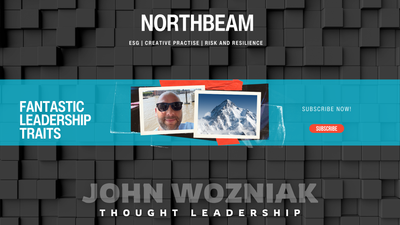
Member discussion